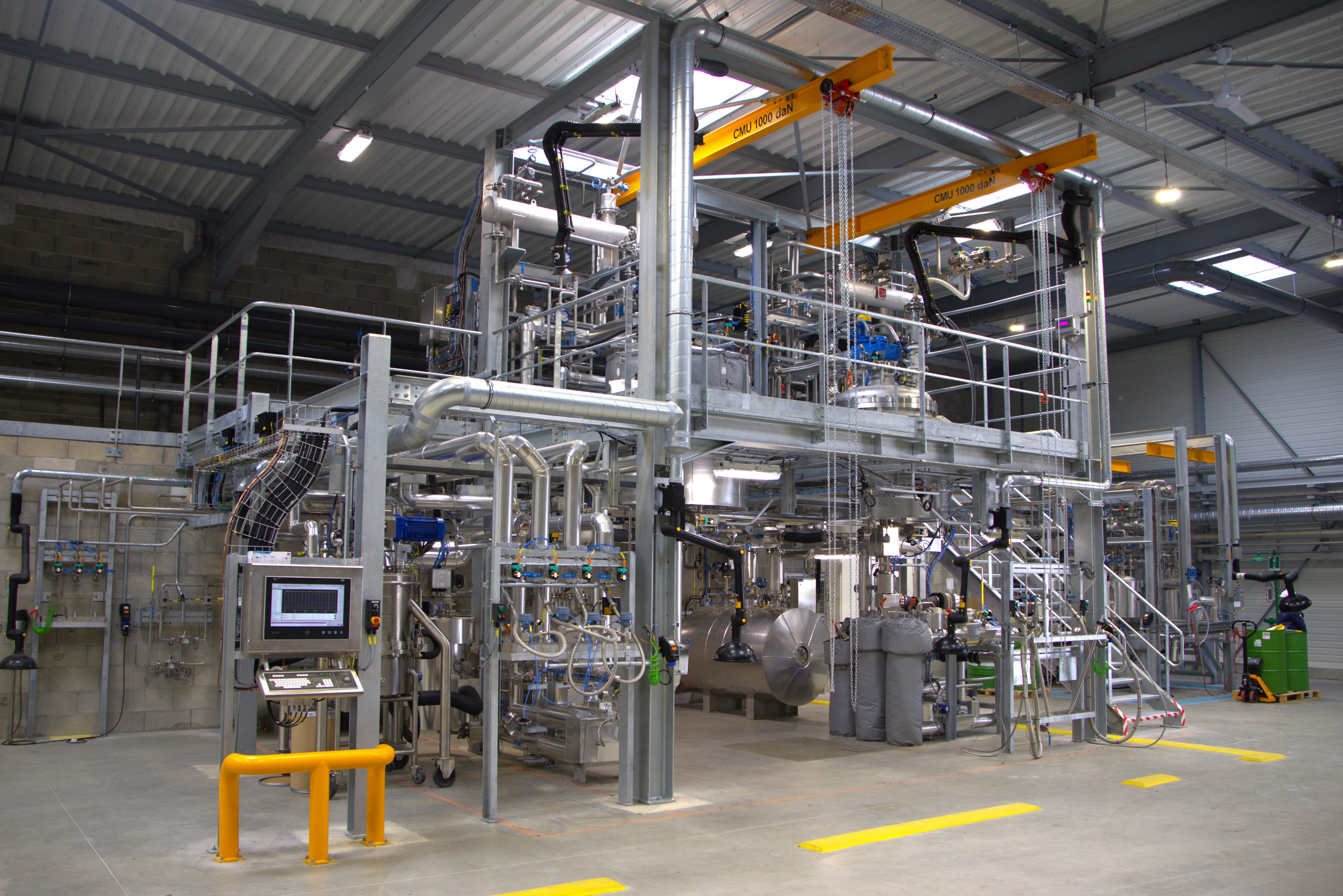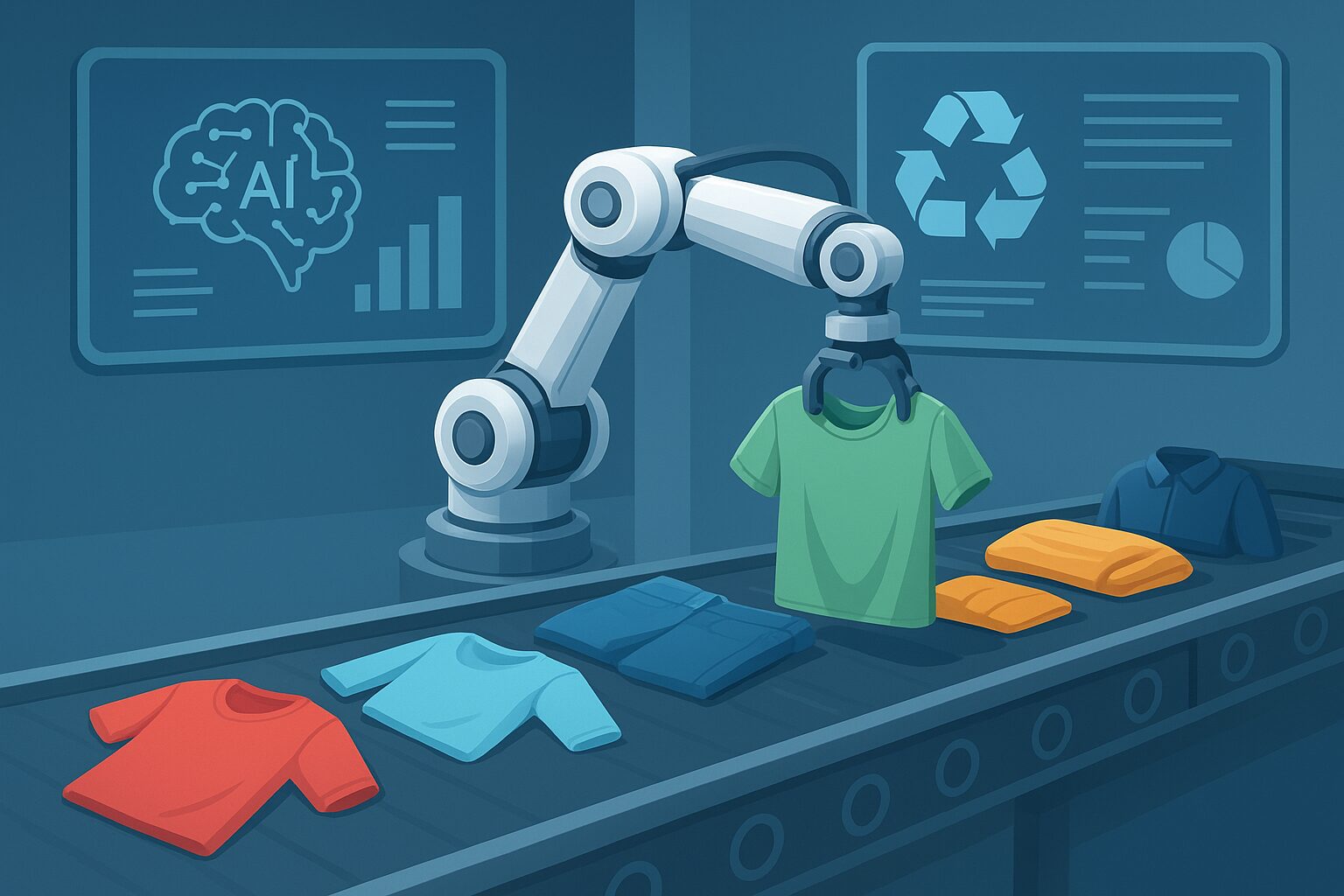CASTTOR - Development of a demonstrator allowing the chemical recycling of complex textiles based on polyester (PET)

CASTTOR
CASTTOR - Development of a demonstrator allowing the chemical recycling of complex textiles based on polyester (PET)
Context
Because of their composition, a small part of the used textiles collected is retransformed into new reusable materials. In fact, current thermomechanical and mechanical recycling methods do not make it possible to valorise a certain number of textiles. The development of new recycling technologies, especially chemical ones, is therefore necessary to allow more circularity in order to meet a major challenge: to recycle 350 kilotons of textiles per year as early as 2029.
For more information on the project, click here.

Objectives
The objective of the CASTTOR project is to remove the technical obstacles induced by the change of scale and thus to demonstrate the viability of this process on a pre-industrial scale. It is to meet this challenge that the French Textile and Clothing Institute (IFTH), the Axel'One innovation platform and the De Dietrich Process System group have joined forces with Recyc'Elit.
Unfolding
The scientific and technical partners will map the deposits according to the specificity of the materials to be recycled and will study the impact of dyes on the existing pilot of the Recyc'Elit selective depolymerisation process. This will be followed by the design and construction of a pre-industrial demonstrator. The challenge will then be to validate the transposition of scale between the existing pilot and this industrial demonstrator.
The first materials produced by this demonstrator will then be tested by manufacturers in the textile and plastics industries in order to determine what adaptations may be necessary to existing forming and spinning processes. Finally, the environmental impact and the levers for optimizing the process will be studied throughout the project.
Expected results
The final deliverable of the CASTTOR project is an industrial demonstrator capable of annually recycling around 10 tons of used textiles leading to the production of recycled monomers DMT (Dimethyl Terephthalate) and MEG (Mono Ethylene Glycol). This demonstrator should also make it possible to separate the co-products (elastane, cotton, polyamide, etc.) in pure and intact form. The process must also be carried out in such a way as to limit its environmental footprint.
Discover other Recyc'Elit projects
Discover how our technology is revolutionising textile recycling through the projects in which we participate.
Contact our team
Our team is at your disposal for any questions or requests for information. Do not hesitate to contact us to find out more about our textile recycling solutions.
“The opportunity to contribute to concrete projects that really change things.”
















